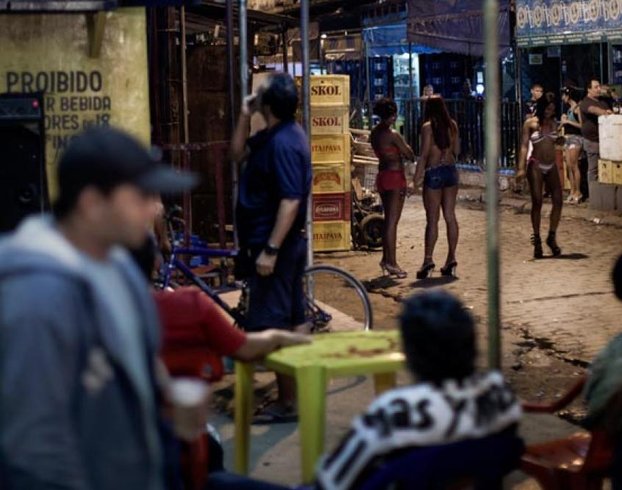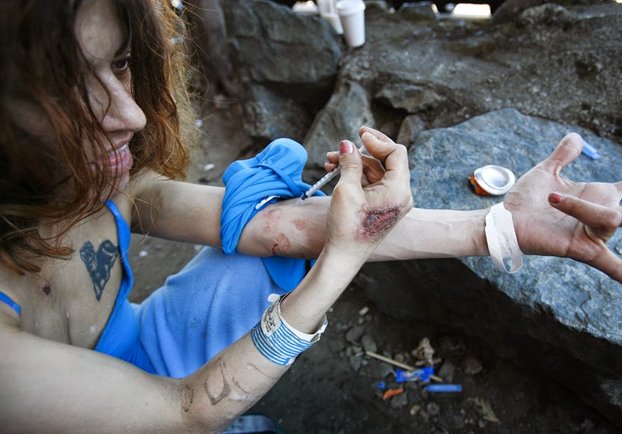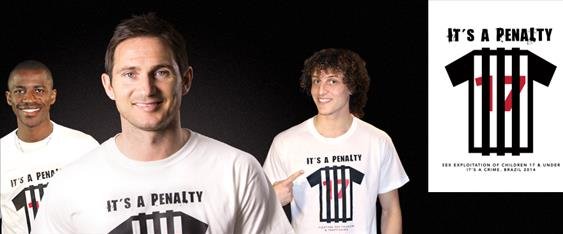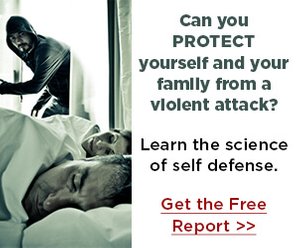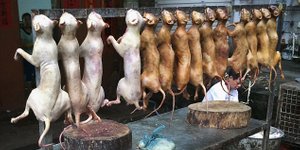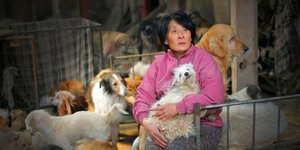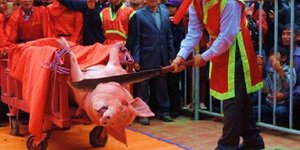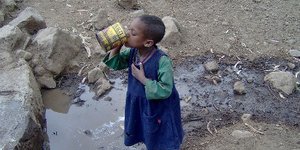Prostitutes offering sex for as low as £1 at Brazil world cup
FIFA World Cup 2014 witnessed around 4 million tourists from more than 200 countries. Before the world cup Brazilian authorities had warned football fans from indulging in prostitution with minors, despite the warnings, the world cup brought an increase of 40% in child prostitution in Brazil.
Brazil has about 500,000 underage children living as prostitutes. The capital cause for it is poor living standards and widespread poverty among people in different areas of the country. Many of them are homeless and are exposed to rough streets right from the young age.
Many of them are often forced into prostitution by their parents for money and food. Tiago, who is a former pimp revealed to Time Magazine that he used to buy off underage girls from their parents for as little as $5000. He also confesses of ravishing underage girls himself. He said “Alcohol and drugs would help the girls to deal with everything. They wouldn’t feel anything anymore. They’d just be objects.”
Hustling: Prostitutes walking on the streets of Sao Paulo are often picked up by the high rollers.
Dope: Prostitutes often incline to hash and weed to get emotional escape from their dreadful life.
Advertize: This T-shirt was officially released by Adidas during the world cup. Its production was later stopped due to heavy flak from the Brazilian government as 'looking to score' implied different meaning.
Rehearsing: Free English classes were conducted by the sex workers association for local prostitutes as majority of the clinets in FIFA world cup are from English-speaking countries.
Campaign: ‘It’s a penalty’ is a drive initiated by Happy Child International to prevent sexual exploitation of Brazilian children of the age 17 and under.
To tackle the problem, Brazil Human Rights organization have launched campaigns to spread awareness about illegal prostitution and sex trafficking. One of initiatory being ‘Don’t Look Away’ campaign, which has been commenced by ECPAT Network in which a child can report a case of sexual violence by calling 100. Various non-profit organizations and NGOs have also come up in support of these children by providing them temporary shelter and food.
